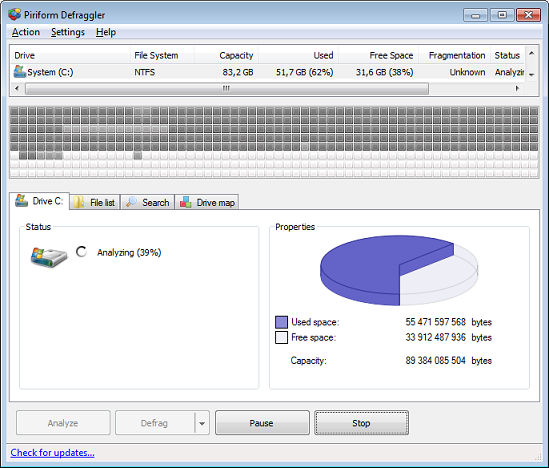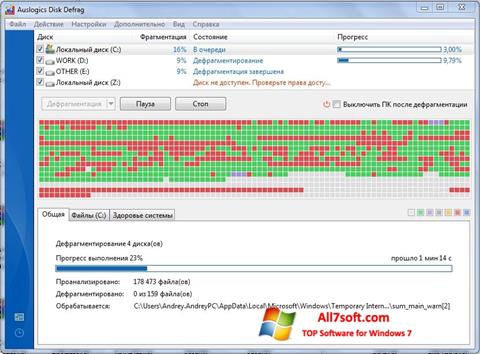

Backups don’t happen precisely due to increased time to back up data.Boot up failures, hard drive failures, file corruption, data loss.It leads to the following problems as well: This occurrence causes the hard drive to work harder and slower for reading a single file. First, check what kind of RAM your computer is using and then purchase a new one ranging from 4-16 GB.Disk fragmentation is a natural and recurrent occurrence in computers, which leads to the scattering of data into smaller bits over large disk space. The most obvious solution to increasing your PC’s RAM is to add more. Launch “Task Manager” and select “Windows Explorer”.Disable programs that are useless or annoying.Launch “Task Manager” from the “Startup” tab.Find and double-click “Administrative Tools”.Right click “Start” then select and enter “Control Panel”.You can disable them from launching upon startup by following these steps: Disable Programs From Launching at Start UpĪpplications like Skype or TeamViewer tend to open up on your PC upon startup and that can slow down performance while also being severely annoying. This is the simplest and quickest method to CPU usage and speeds up performance.

Select “Processes” and locate the programs that are taking up the most memory.Simply open “Task Manager” by pressing Ctrl + Alt+ Del and select it from there.Stop Unnecessary Programs/Processes Taking Up Ram There are a number of fixes you can start applying to achieve this: 1. The best solution is to start clearing out old memory in order to increase your RAM. Power Surges causing equipment to shut down frequently.Many different performance issues can start slowing down your system, such as: This high usage becomes unavoidable after a while. This is because your system’s RAM can become highly occupied with many applications and processes running simultaneously. Even a system as advanced as Windows 10 starts to slow down after a certain period of time. One of the most commonly found and annoying problems in computing is the issue of slow performance. Learn how to free up System Memory in order to fix slow PCs.


 0 kommentar(er)
0 kommentar(er)
